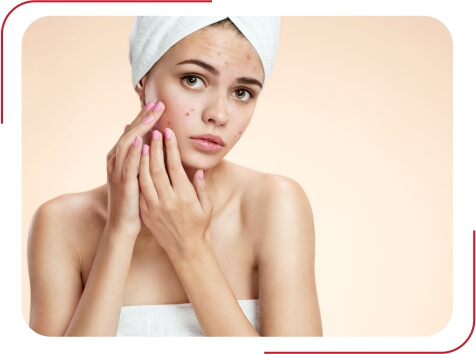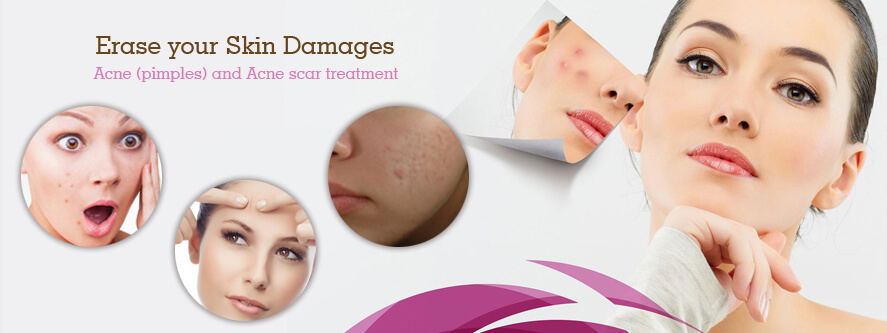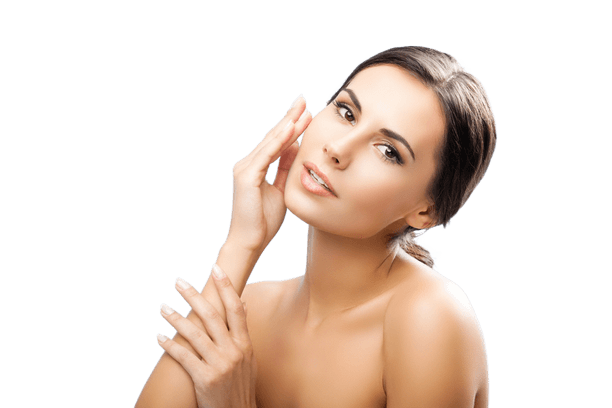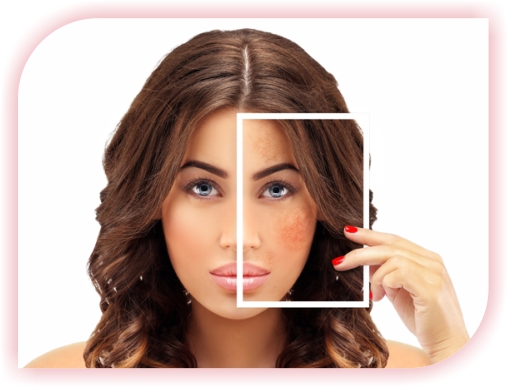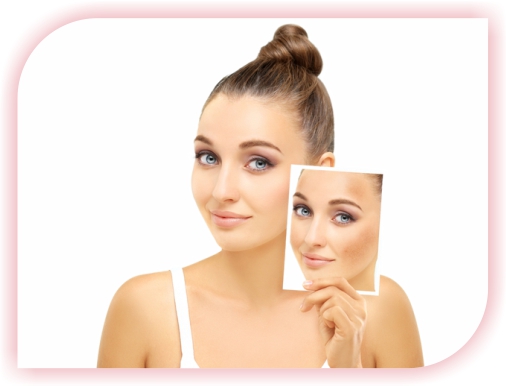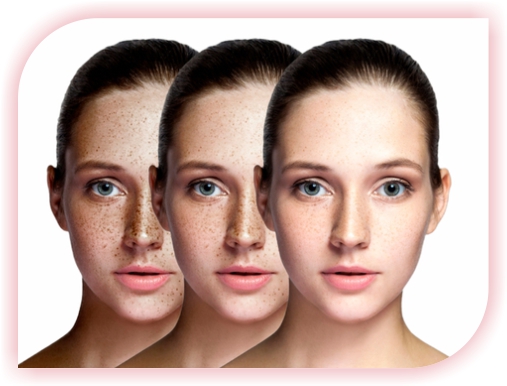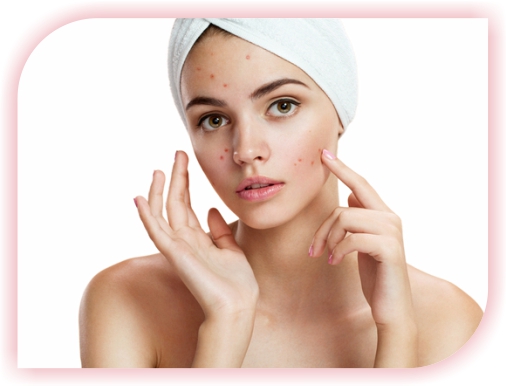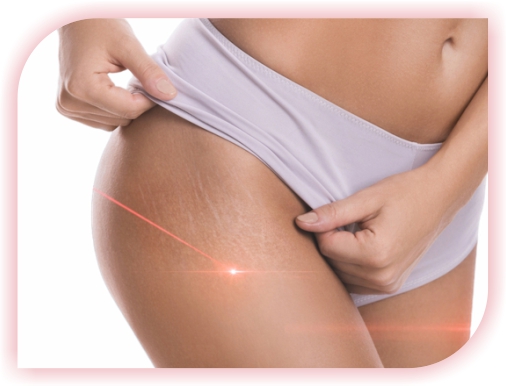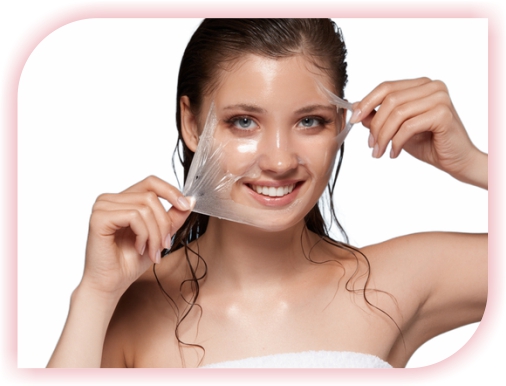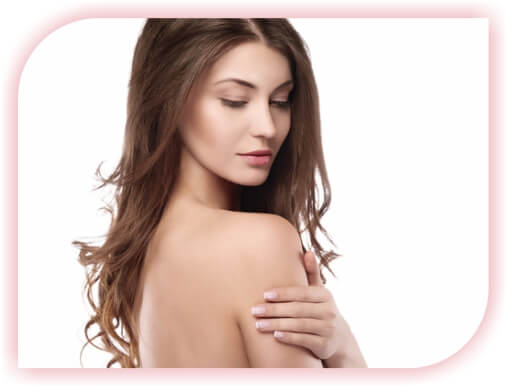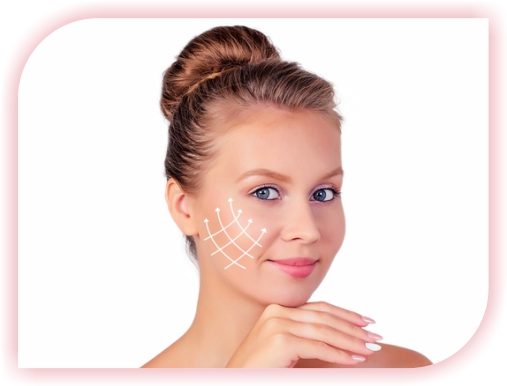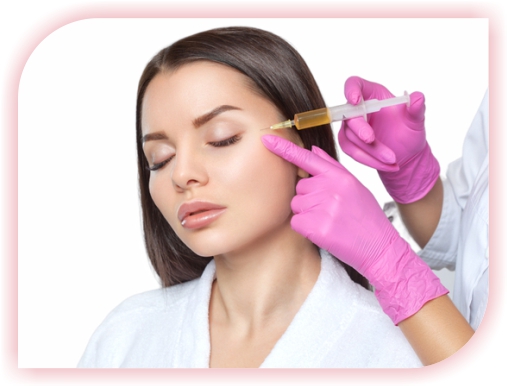What causes acne?
Acne develops on the skin when the pores become clogged, which may occur as a result of an overproduction of oil, a buildup of bacteria or the shedding of dead skin cells. When these substances build up in the hair follicle, they form a soft plug that forces the follicle wall to bulge and protrude from the skin, causing a lesion to develop.

